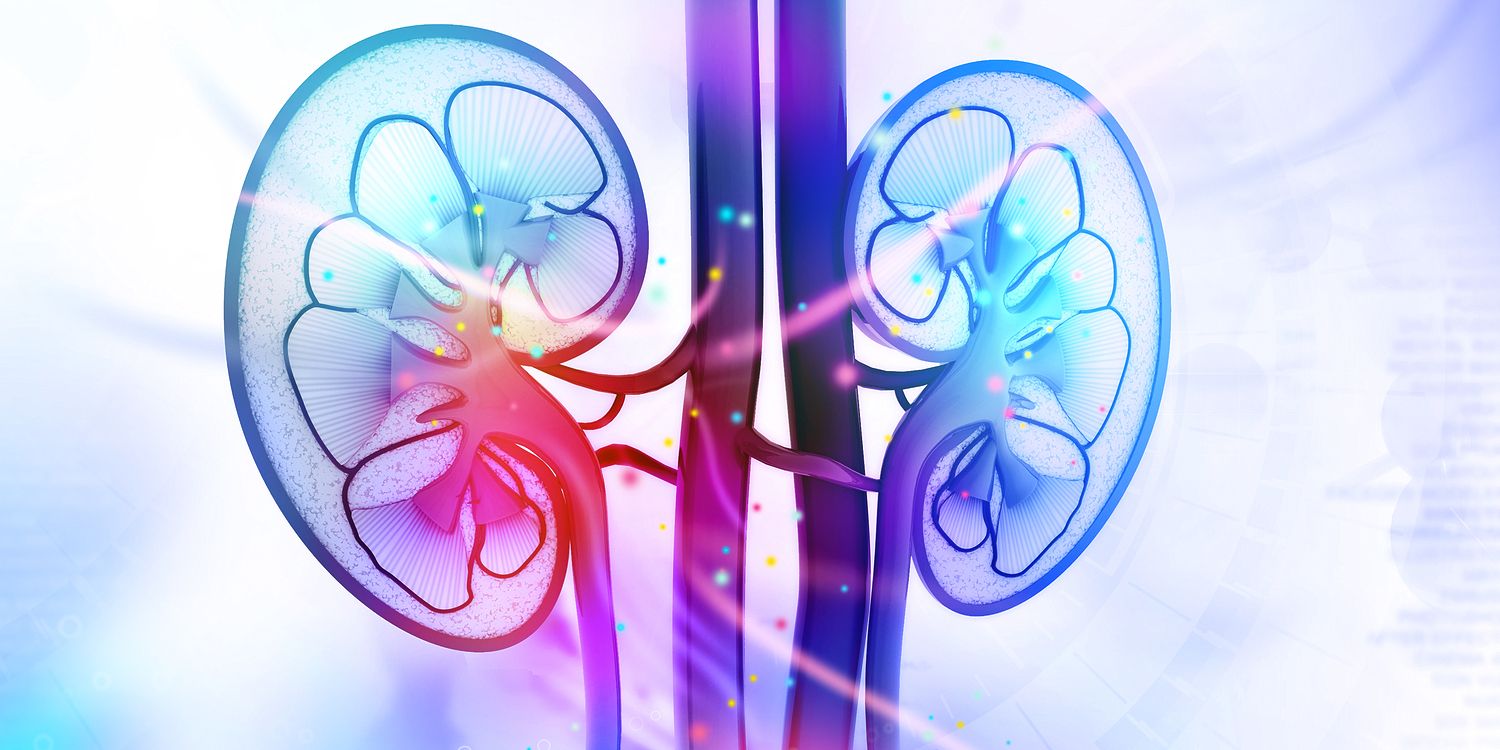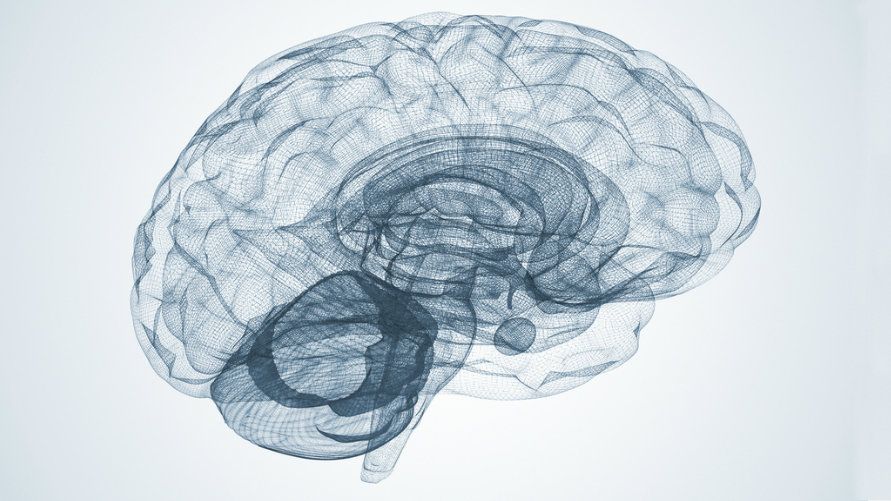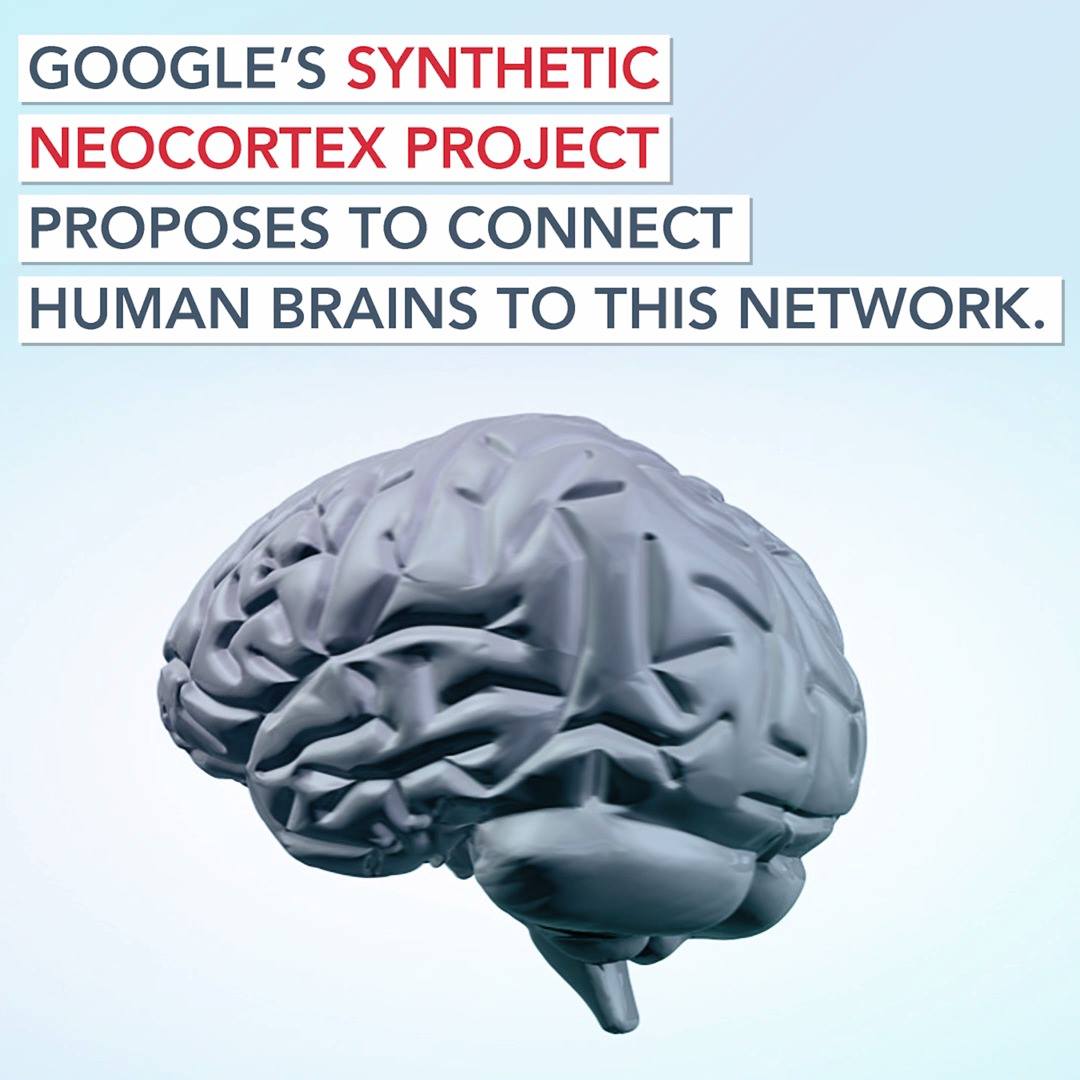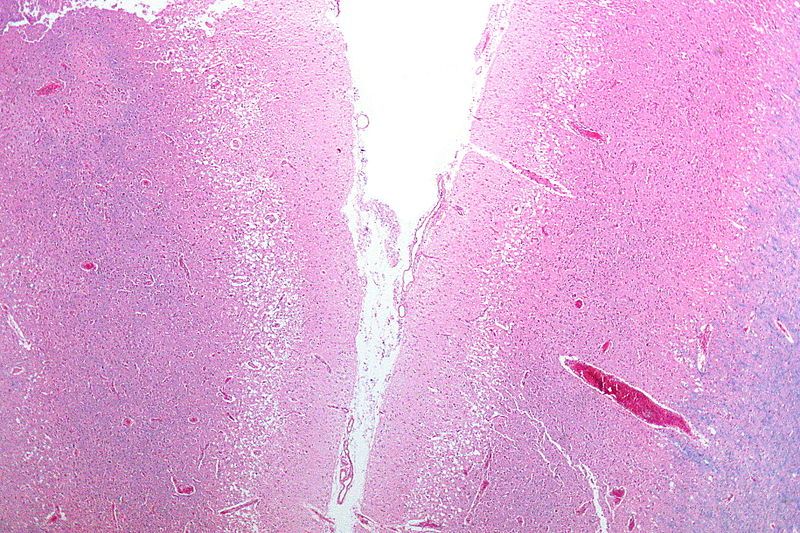
Bioprinting has been all over the news in the past several years with headline-worthy breakthroughs like printed human skin, synthetic bones, and even a fully functional mouse thyroid gland.
3D printing paved the way for bioprinting thanks to the printers’ unique ability to recreate human tissue structures; their software can be written to ‘stack’ cells in precise patterns as directed by a digital model, and they can produce tissue in just hours and make numerous identical samples.
Despite the progress in bioprinting, however, more complex human organs continue to elude scientists, and resting near the top of the ‘more complex’ list are the kidneys.
Read more








